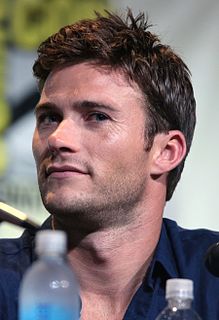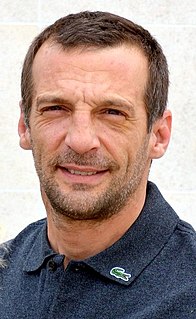A Quote by Daniel Craig
I just think that the collective experience of going to see a film is something you can't recreate.
Quote Topics
Related Quotes
I think the biggest challenge was being aware of a certain audience that was going to see this film [lone survivor]. There's a big difference from a typical movie, journalists and critics and film goers that go see it find that, that's the general experience you have as a filmmaker. So that just kind of proves my point that there's a really different audience.
What people don't understand about making a film is sometimes your experience on the film shapes who you are. You're gone to another country for five months, maybe more, there's training leading up to it... It's a whole life experience that people don't see because they just see the final product wrapped up in a couple hours. You don't see everything that happens around it. I think it's hard to say one movie or one thing; I think they all shape who you are.
You feel the communion of the collective consciousness in that moment when you're on stage doing something and the audience is absolutely with you. And the audience becomes a collective entity as well. They come in from separate places and socio-economic backgrounds, and places across the world and days that they've had, and then they come together and they become one collective thing, and experience something in a collective way.
You know, in an ideal world, people would just be intrigued and go and see a film without knowing anything about it, because that's where you're going to have the most experience of a film, the biggest, the most revelation of a film. But at the same time, I think there are benefits of having seen a trailer where you actually look forward to seeing moments in a film knowing that they're coming up. I don't know which is better.
I think people go to the movies to be entertained, to have an experience, to disappear from their own reality for a couple of hours. If the film truly succeeds in everything the filmmaker sets out for it to be, then it's elevated to art. It's elevated to something special, because it gives people a visceral feeling of something they're experiencing as a collective group. You feel something and that's what turns it into what you may call art.
It's not just women in film, 18-year-old girls feel pressure to do preventative injecting. I see someone's face, someone's body who has had children and I think, they're the song lines of your experience, and why would you want to eradicate that? I look at people sort of entombing themselves and all you see is their little pin holes of terror... and you think, just live your life, death is not going to be any easier just because your face can't move.
When we first made this whole idea this was going to be calling card film [Moon] and it was going to give the opportunity to make my first feature film. But it turned out a lot better, we just couldn't stop ourselves from going into it, and we are very proud that it turned into something that people wanted to see.
I wasn't actually going to see the original film [Lord of the Ring], because I didn't think it was possible that a film could represent the books appropriately. So I was protesting, and I wasn't going to see them. And then my family all took a jaunt together, the entire family, to see the movies, and were like, "What, you're just going to stay home?" So I saw the movies and was thoroughly impressed that Peter Jackson managed to make my vision of the book come to life, as well as my sister's and my father's, and my aunt's and my uncle's, everyone's.
I think it's a fascinating thing to see how lonely people are in this world and what they're looking for. It's a universal concept. So, it's something that interests me and I'll probably revisit it if I get the chance to do the child soldier film because I think it's one of the most important scripts I've written. It's just too dark to do as a film right now. I need to do something a bit different.



































